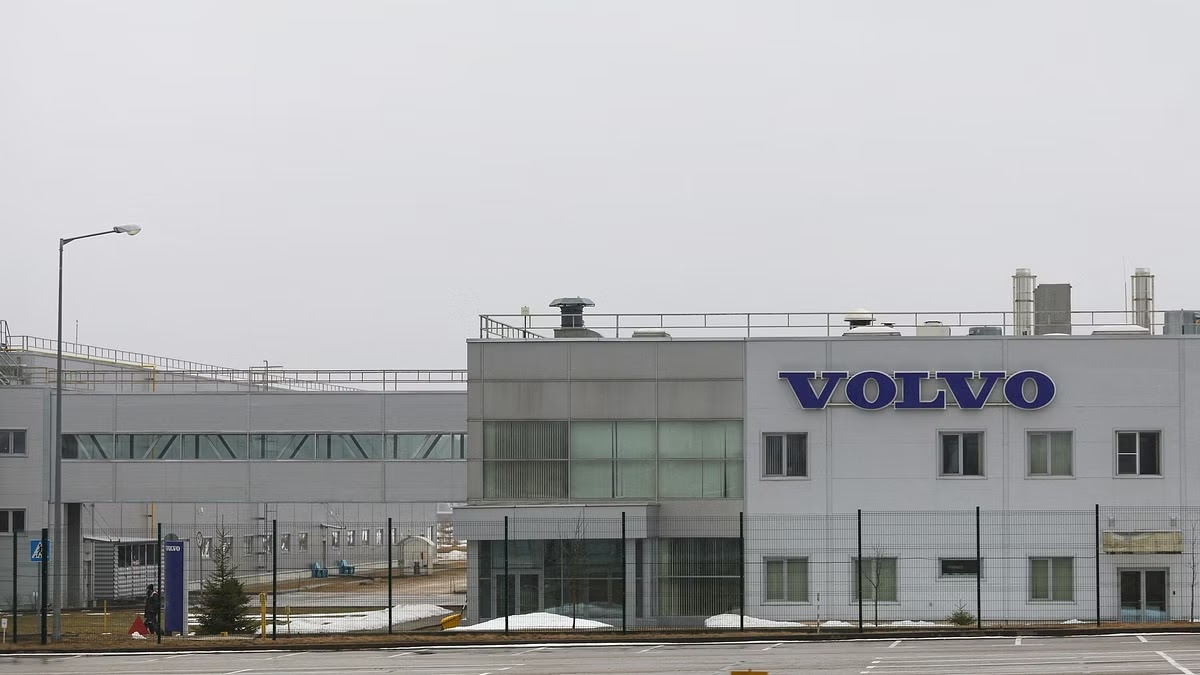Volvo Cars, a prominent name in the automotive industry, has recently made a groundbreaking announcement. The Swedish car manufacturer has declared its intention to cease the production of diesel-powered vehicles by early 2024, marking a significant step toward its goal of becoming an all-electric carmaker. This decision aligns with Volvo’s commitment to transitioning fully to electric vehicles by 2030.
The End of an Era: Volvo’s Diesel Production Halt
Volvo’s bold move to discontinue diesel vehicle production is a proactive response to the evolving landscape of the automotive industry. According to the company’s official statement, the last diesel-powered Volvo car will roll off the assembly line in just a few months. This decisive action places Volvo among the pioneers in the automotive world, as one of the first legacy car manufacturers to completely eliminate diesel from its lineup.
A Glimpse into the Future: Volvo’s Electric Vision
Volvo’s decision to phase out diesel is part of a broader vision aimed at transforming the company into a fully electric carmaker. This vision entails an ambitious goal to have all Volvo cars be electric by the end of this decade, specifically by 2030. By taking this bold step, Volvo is sending a clear message about its commitment to sustainability, environmental responsibility, and staying at the forefront of automotive innovation.
The Rise of Electrification: Hybrid and Electric Models
As Volvo phases out diesel, it is concurrently witnessing a surge in the popularity of its hybrid and fully-electric models. In August of the same year, an impressive 33 percent of Volvo’s sales comprised fully-electric or hybrid vehicles. This demonstrates not only the company’s responsiveness to changing consumer demands but also its commitment to providing eco-friendly alternatives to traditional combustion-engine cars.
Key takeaways for competitive examination
- CEO of Volvo: Martin Lundstedt




 Weekly Current Affairs One Liners 16th t...
Weekly Current Affairs One Liners 16th t...
 Which District is known as the Medical C...
Which District is known as the Medical C...
 Which was the First Women's University i...
Which was the First Women's University i...








